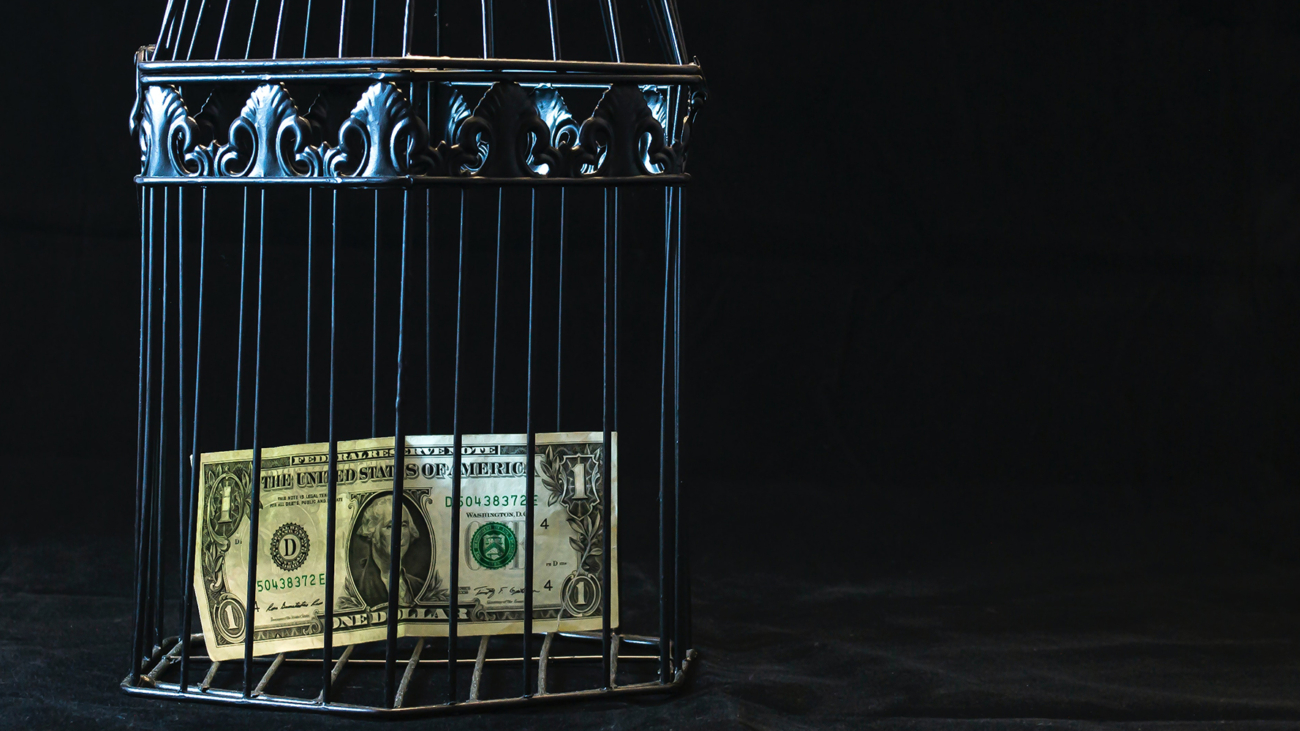PROSECUTING THE FOREIGN OFFICIAL TAKING THE BRIBE
Congress has proposed the passage of a law, the Foreign Extortion Prevention Act (FEPA), that would enable prosecutors to prosecute a foreign official, a foreign political candidate, instrumentalities of foreign governments, etc. who take bribes or “anything of value.”
The proposed law would become part of 18 U.S.C. Section 201 which criminalizes the “bribery of public officials and witnesses.” It would not, however, become part of the Foreign Corrupt Practices Act (FCPA). It is no mystery that the law is intended to fill a gap left open by the text of the FCPA and closed by federal courts of appeal which have consistently held that federal prosecutors cannot prosecute a foreign official for violations of the FCPA. See United States v. Castle, 925 F.2d 831 (5th Cir. 1991) (“In this case, we are called upon to consider the Foreign Corrupt Practices Act of 1977 (hereinafter referred to”FCPA”), 15 U.S.C. §§ 78dd- 1, 78dd-2, and determine whether “foreign officials,” who are excluded from prosecution under the FCPA itself, may nevertheless be prosecuted under the general conspiracy statute, 18 U.S.C. § 371, for conspiring to violate the FCPA. We hold that foreign officials may not be prosecuted under 18 U.S.C. § 371 for conspiring to violate the FCPA.”); United States v. Hoskins, 902 F.3d 69 (2d Cir. 2018) (reaching similar conclusions and barring prosecution of FCPA offenses under conspiracy and aiding and abetting theories where defendant is not in one of the three cognizable categories under 15 U.S.C. Section 78dd-1, 78dd-2, or 78dd-3).
The truth is, however, that this law – whether passed or not – is just another hammer for federal prosecutors for the same conduct they already prosecute using money laundering statutes. The government may prosecute a foreign official under the promotional prong of the money laundering statute. Indeed, the government has prosecuted multiple foreign officials under that prong by asserting that money which is sent from the U.S. to a foreign country (or vice-versa) was used to promote the carrying on of violations of the FCPA or, better yet, violations of foreign bribery laws pursuant to 18 U.S.C. Section 1956(c)(7)(b)(iv).
The critical portions of the revised law would create a new Section 201 (a)(4)-(5) that would greatly expand the definition of what constitutes a public official under 201 by including a “foreign official.” It would also include “a public international organization” within the definition of a “foreign official.”
‘‘(4) the term ‘foreign official’ means—
(A)
(i) any official or employee of a foreign government or any department, agency, or instrumentality thereof; or
(ii) any senior foreign political figure, as defined in section 1010.605 of title 31, Code of Federal Regulations, or any successor regulation;
(B) any official or employee of a public international organization;
(C) any person acting in an official capacity for or on behalf of—
‘(i) a government, department, agency, or instrumentality described in sub20
paragraph (A)(i); or
(ii) a public international organization; or
(D) any person acting in an unofficial capacity for or on behalf of—
(i) a government, department, agency, or instrumentality described in sub3
paragraph (A)(i); or
(ii) a public international organization; and
‘‘(5) the term ‘public international organization’ means—‘‘(A) an organization that is designated by Executive order pursuant to section 1 of the International Organizations Immunities Act (11 U.S.C. 288); or (B) any other international organization that is designated by the President by Executive order for the purposes of this section, effective as of the date of publication of such order in the Federal Register.
The offense portion of the FEPA would be found at Section (f) which is set forth below. The language in the new prohibition would apply to foreign officials regardless of whether the conduct occurred “while in the territory of the U.S.” which is a departure from the plain text of the FCPA and language in 15 U.S.C. Section 78dd-3.
(f) PROHIBITION OF DEMAND FOR A BRIBE.—
(1) OFFENSE.—It shall be unlawful for any foreign official or person selected to be a foreign official to corruptly demand, seek, receive, accept, or agree to receive or accept, directly or indirectly, anything of value personally or for any other person or nongovernmental entity, by making use of the mails or any means or instrumentality of interstate commerce, from any person (as defined in section 104A of the Foreign Corrupt Practices Act of 1977 (15 U.S.C. 78dd–3), except that that definition shall be applied without regard to whether the person is an offender) while in the territory of the United States, from an issuer (as defined in section 3(a) of the Securities Exchange Act of 1934 (15 U.S.C. 78c(a))), or from a domestic concern (as defined in section 104 of the Foreign Corrupt Practices Act of 1977 (15 U.S.C. 78dd–2)), in return for—
(A) being influenced in the performance of any official act;
(B) being induced to do or omit to do any act in violation of the official duty of such foreign official or person; or
(C) conferring any improper advantage, in connection with obtaining or retaining business for or with, or directing business to, any person.
The Firm defends foreign nationals and foreign officials in public corruption and FCPA investigations. The Firm also has experience representing foreign nationals from South America including Argentina, Brazil, Ecuador, Peru, and Venezuela in FCPA and money laundering investigations. The Firm is also one of the few law firms in the U.S. to have tried an FCPA case before a jury.



